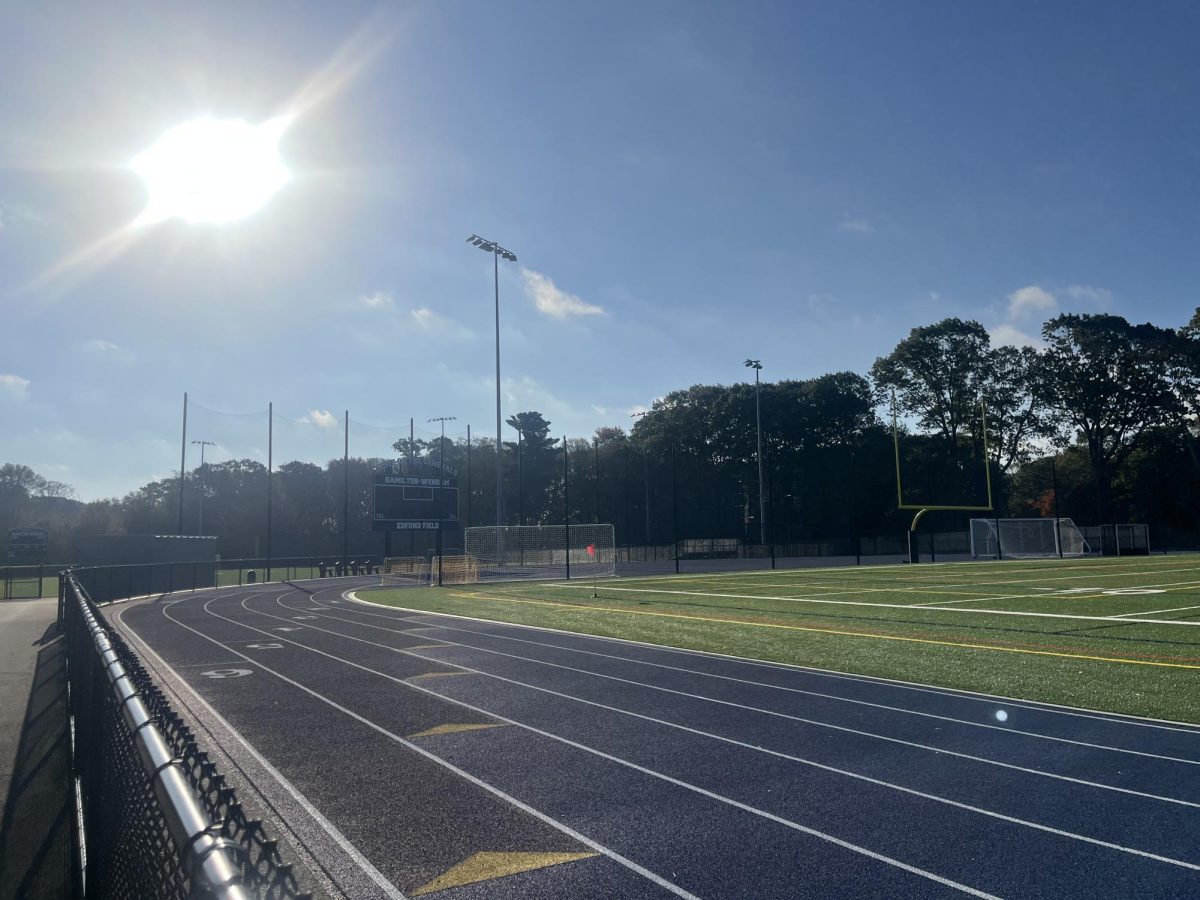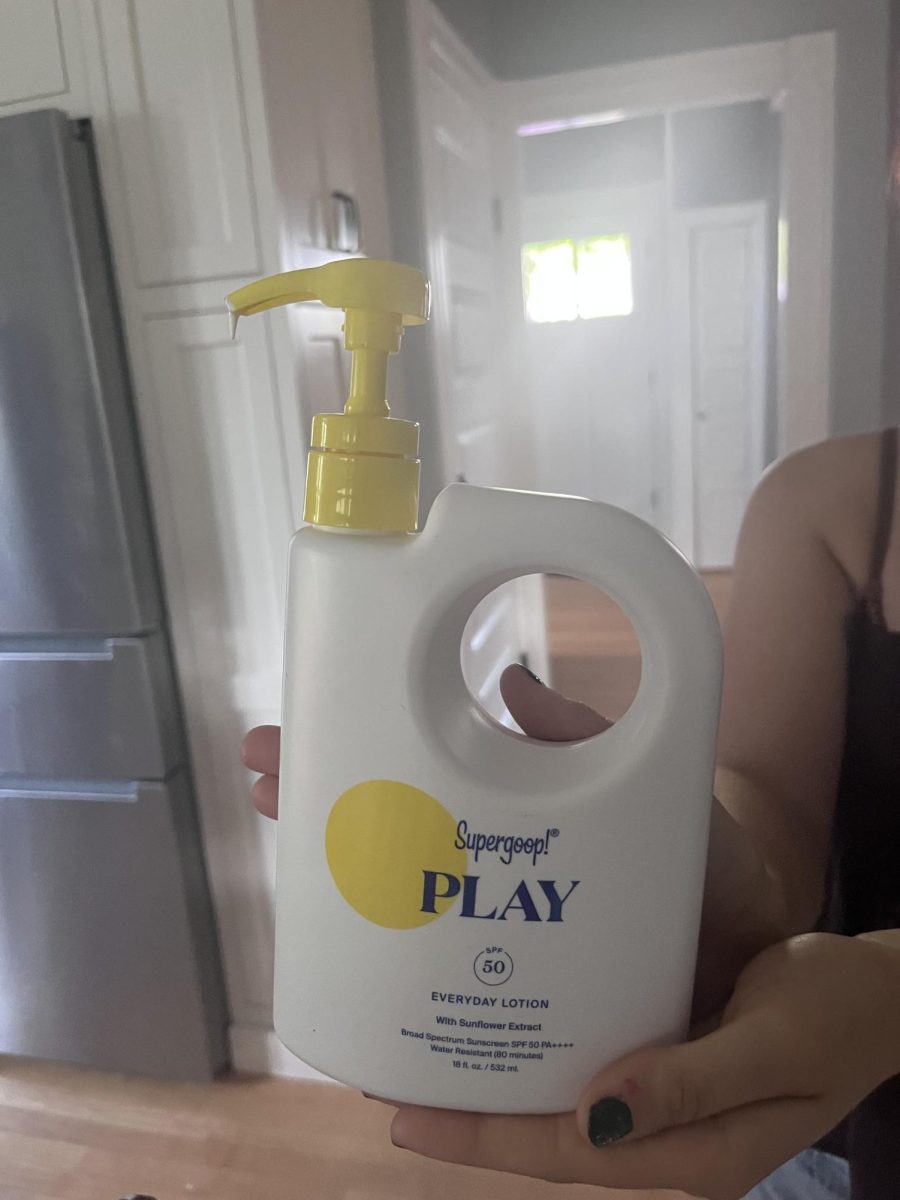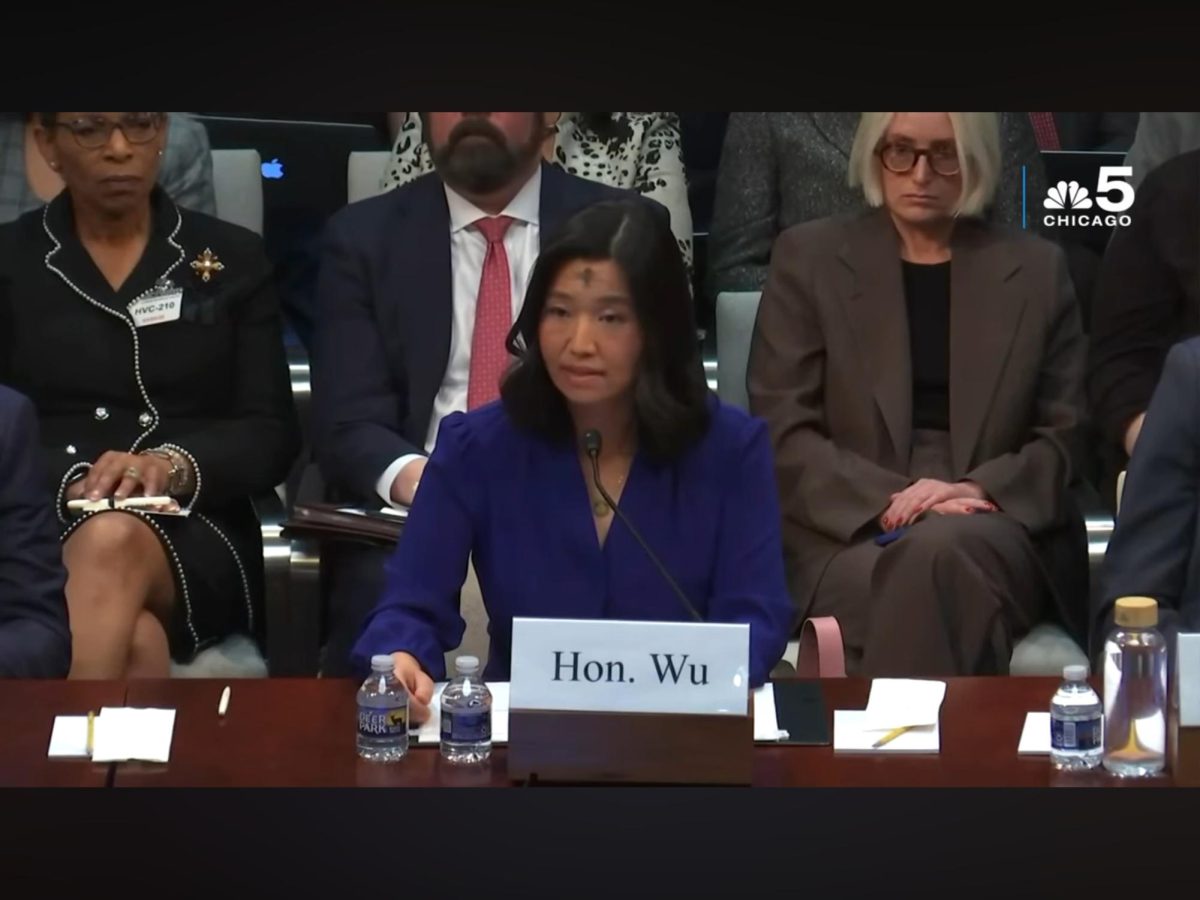Social Media can be very impactful to teenagers and their mental health. According to The U.S. Surgeon General’s Advisory, if teenagers or children spend more than 3 hours a day on social media, they double the risk of getting mental health problems.
Having stricter age limits on social media can prevent young kids from running into issues such as cyberbullying, body image issues, mental health problems, and other things that they should not have to deal with at a young age.
According to the Family Online Safety Institute, children find it challenging to completely understand how their actions can impact themselves and others because their brains are still developing. They may also not know how to approach many of the situations that they are presented with online.
There are many ways to edit photos on social media, and this can give unrealistic expectations to kids who see these photos. Social media users are able to put filters on their photos or videos in many apps without viewers knowing.
The website ThearapeuticPartners.com states, “Ample evidence shows social media platforms like Instagram are especially harmful for young girls, who may be more vulnerable to developing eating disorders and body dysmorphia.”
Some parents may argue that they should decide when kids should be allowed to use social media. However, The Pew Research Center states that 7 in 10 adults rule in favor of kids having to verify their age before joining a social media platform. Also, parents may not be fully aware of the dangers of social media.
If teenagers or children spend more than 3 hours a day on social media, they double the risk of getting mental health problems.[/pullquote]Another important thing to consider when discussing this issue, is how what kids put on social media will follow them for the rest of their life.
Young kids may not even completely understand things that they post on social media. For example, if a kid posts a song with a bad word that they may not know or understand, that post will follow them forever. Children often make poor or impulsive choices, which is part of growing up. However, they should not always have those choices follow them online as they grow.
Having younger kids on social media may cause problems for their future selves if people find inappropriate or hurtful content they might not have understood at the time.
Currently, the age restriction for most social media platforms is 13. To join an app, all a person must do is enter their age.
People may argue that the age restrictions on social media are good enough and there is no reason to change them. However, it is very easy for a person to get onto a social media platform without being 13.
As mentioned in an article by the Family Online Safety Institute, children need only insert a birthdate that makes them older than 13 to create an account. This comes down to basic math.
As a result, they are not only exposed to all the things on social media, but they are also lying about their age, and others could approach them thinking they are older, which could lead to disastrous outcomes.
As a way to address these problems, social media apps can take further action to make their age requirement process stricter. They can add more necessary verification or parental consent.
Given the world’s complexity, children rely on adults to help them. Having laws created by adults to protect children’s safety and mental health is vital. Stricter age restrictions on social media platforms can reduce the problems that young kids face when being introduced to them.















Remmerey • Jan 28, 2025 at 12:23 pm
I agree that social media should have stricter age restrictions than it is now.
star • Apr 4, 2025 at 7:40 pm
Depending on the teen if they’re mature or not. Teens should be allowed to have at least private accounts and have their parents/guardians acknowledge this. If the parents/guardians are not supervising them it falls on them what stuff they are viewing and posing. Kids should not be allowed on social media period or any technology they should be going outside with a parent and having fun not just on a screen.